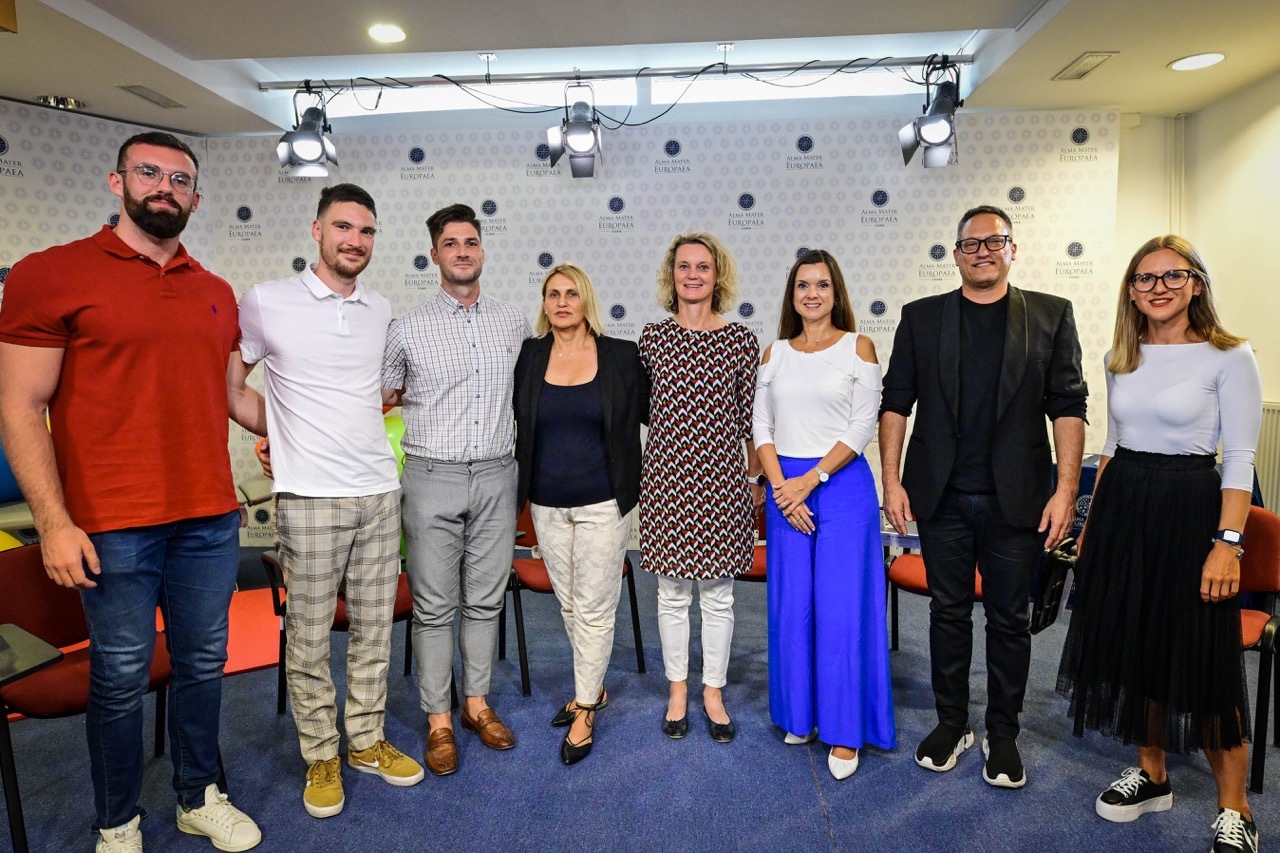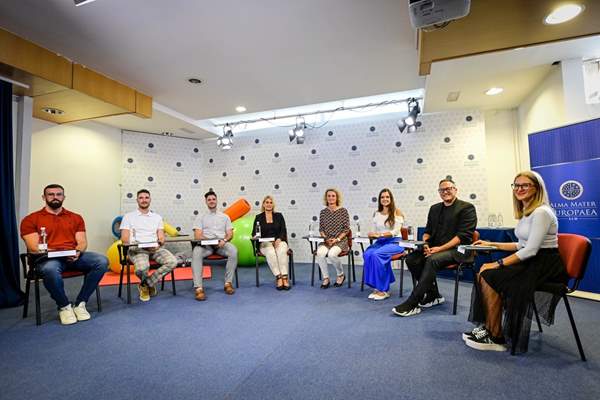
Roundtable Discussion: The Role and Position of Physiotherapy in Slovenia
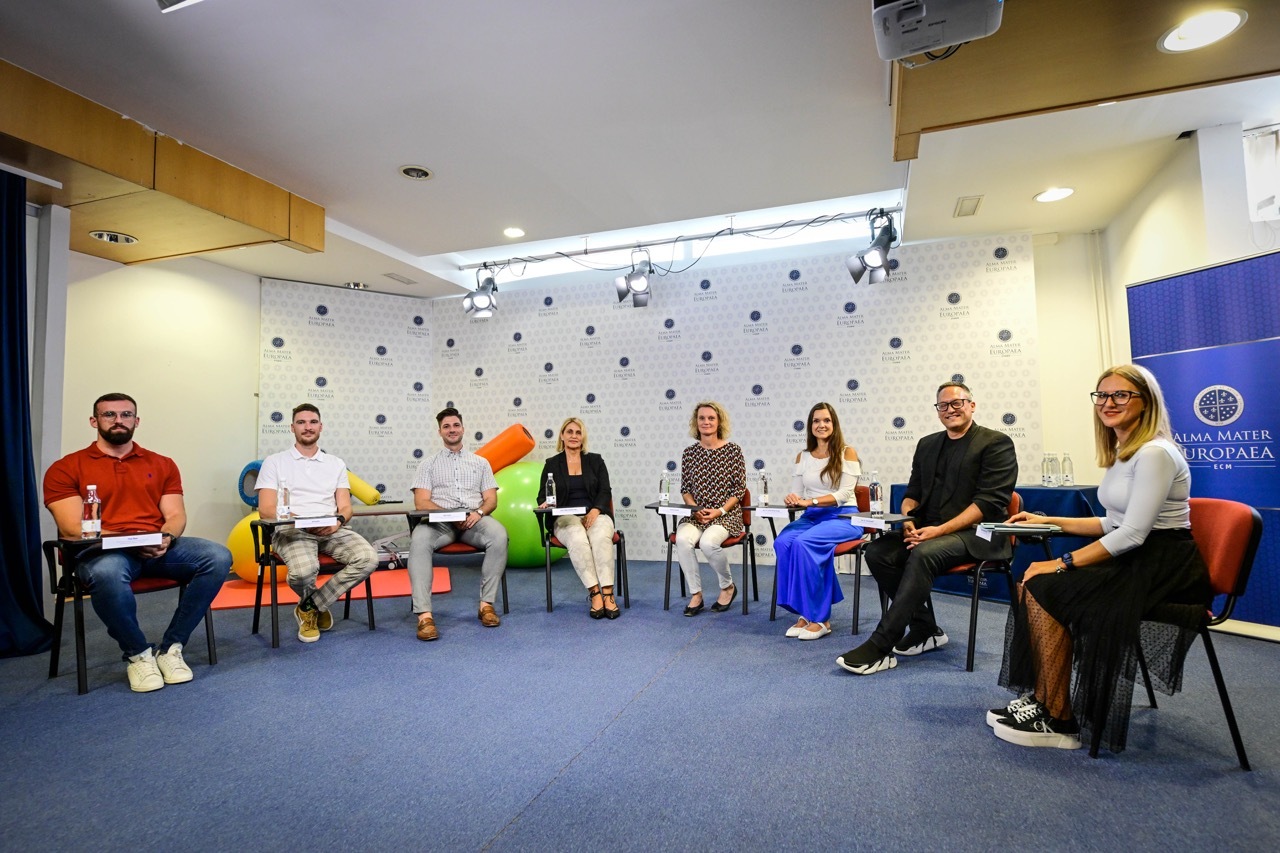
On September 6, 2023, Alma Mater organized an insightful roundtable discussion with physiotherapy experts, academics, and students. The debate, held on World Physical Therapy Day, encompassed expert opinions on the role and position of physiotherapy in enhancing the health and well-being of the Slovenian population.
"The event's purpose was to illuminate the essential role of physiotherapy in the Slovenian healthcare environment and to explore the current status and challenges," summarized Tatjana Horvat, head of the Therapy Institute at Alma Mater, who has been practicing physiotherapy for thirty years.
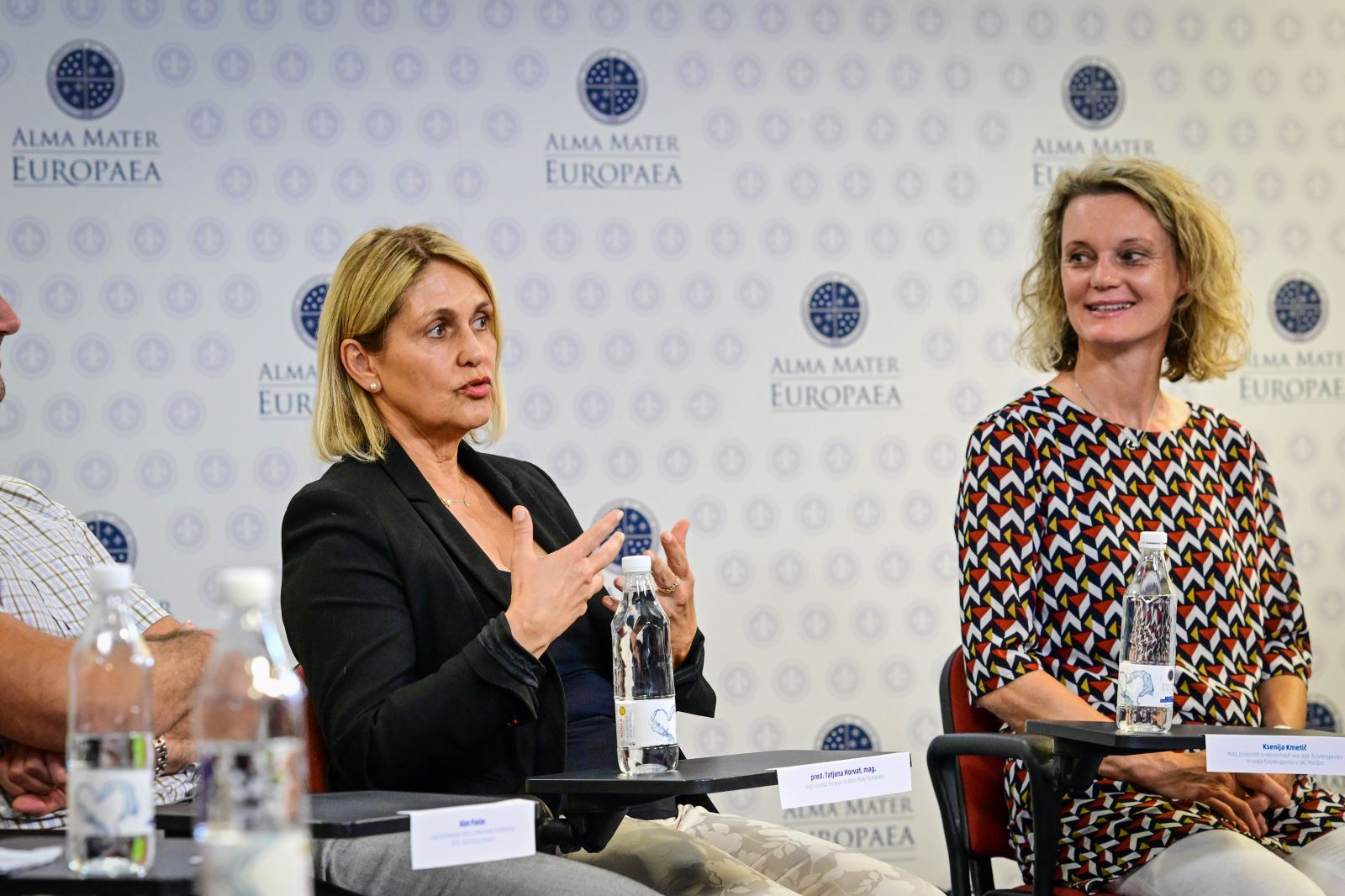
"There is a significant shortage of physiotherapists in public healthcare, with only 1,600 employed in the sector. Slovenia ranks bottom compared to other developed countries, with approximately 68 physiotherapists per 10,000 inhabitants. At the same time, this number is four times higher abroad," highlighted Dr. Tine Kovačič, President of the Association of Physiotherapists of Slovenia, emphasizing the need for systemic solutions in Slovenia. "In the Association of Physiotherapists of Slovenia, we have proposed new personnel standards, urging the Ministry of Health of the Republic of Slovenia to take action. Public authorizations related to the regulation of the profession are also necessary. We are confident that Slovenia has excellent physiotherapists capable of providing society with high-quality, evidence-based physiotherapy services. However, we require a system that supports continuous professional development."
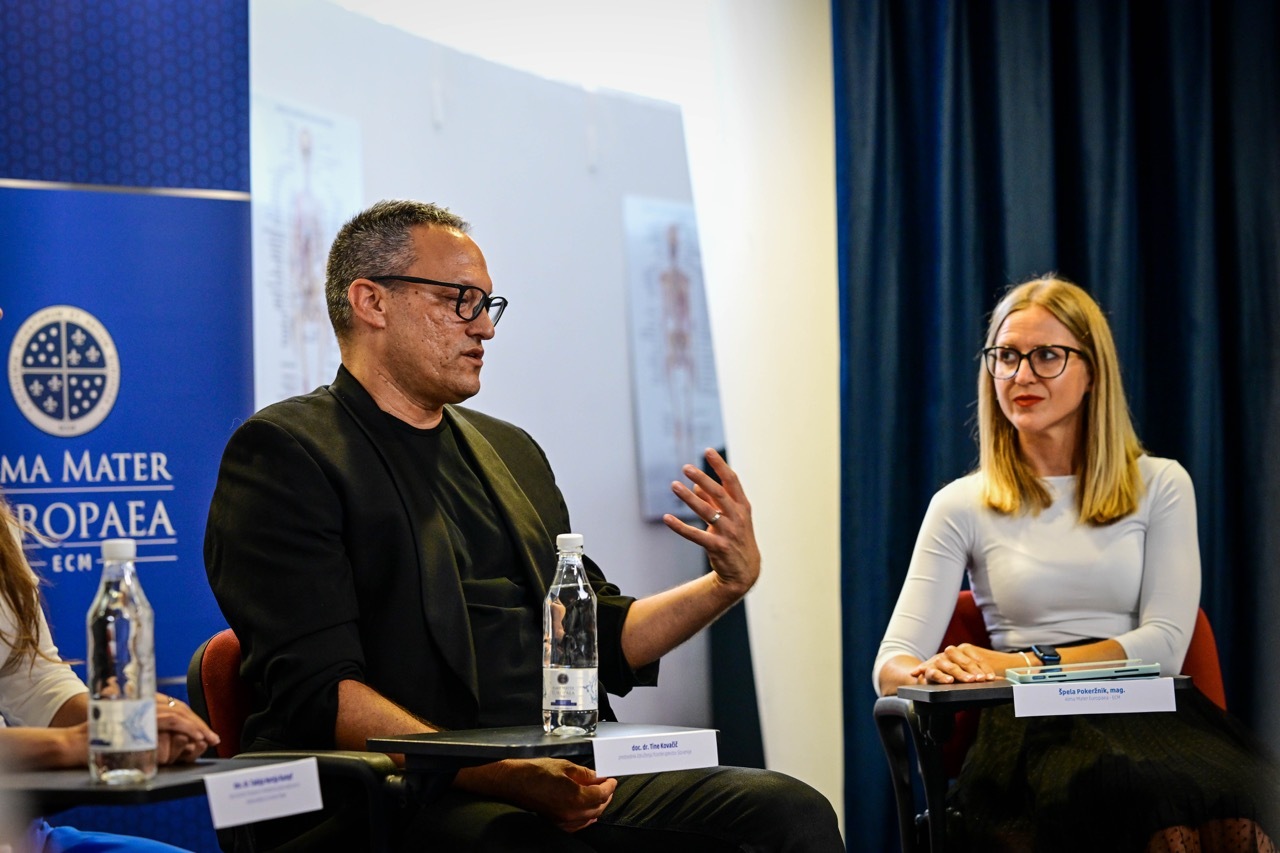
Specialist in Physical and Rehabilitation Medicine and professor at Alma Mater, Dr. Tadeja Hernja Rumpf, highlighted the importance of teamwork in rehabilitation: "In rehabilitation, we all aim to reduce physical impairments, improve bodily functions, and enhance the quality of life for our patients. As the population ages, we see progress in well-designed preventive healthcare programs and collaboration among the entire healthcare team. Using various robotic devices or technologies following medical doctrine is also a welcome development. Including home-based physiotherapy would be sensible, as patients make significant progress in their familiar environment."
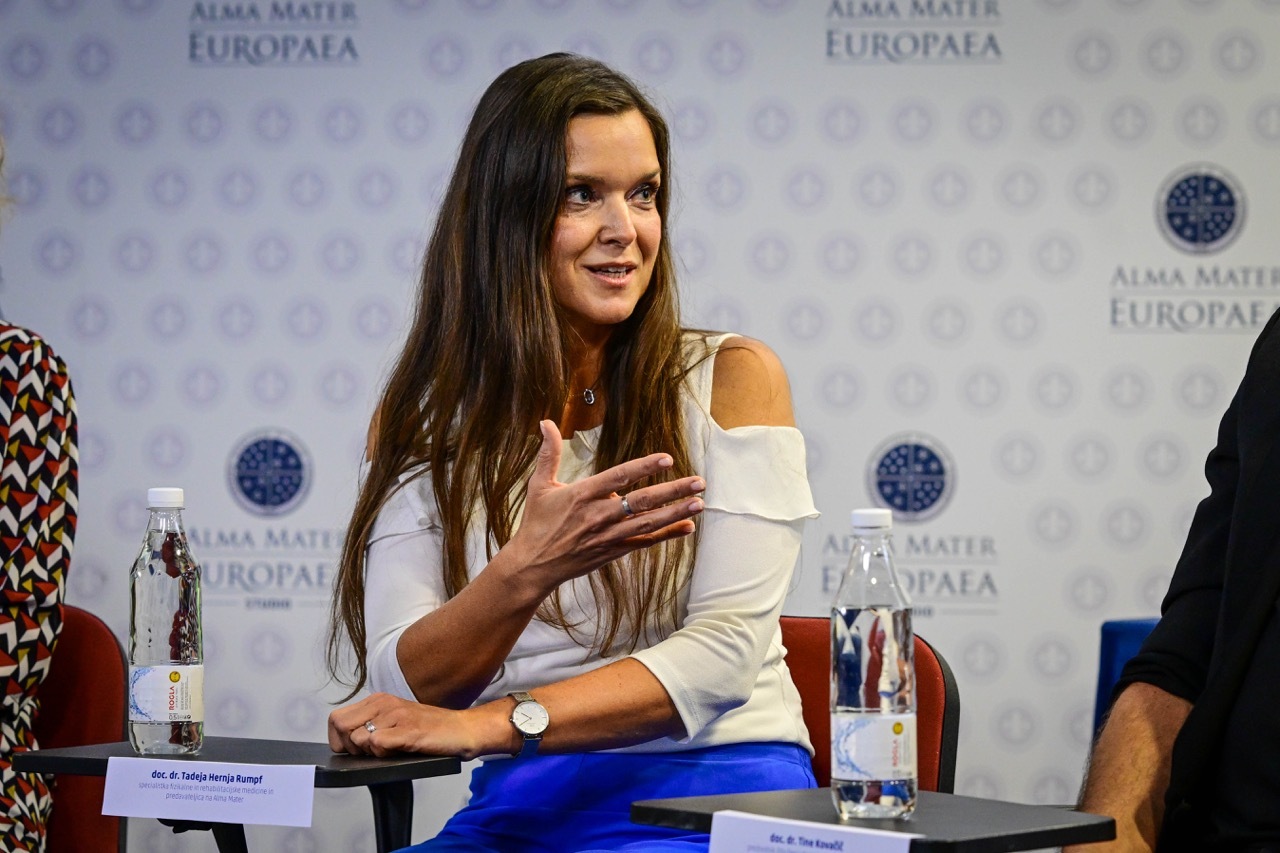
Regarding the excessive workload of physiotherapists, Ksenija Kmetič, head of physiotherapists at the University Medical Centre Maribor, commented: "It is essential to address the staff situation and hire more personnel. This would lead to faster and more efficient work. Additionally, physiotherapists in the public sector desire modernization of facilities and equipment, as modern equipment enables higher-quality treatment."
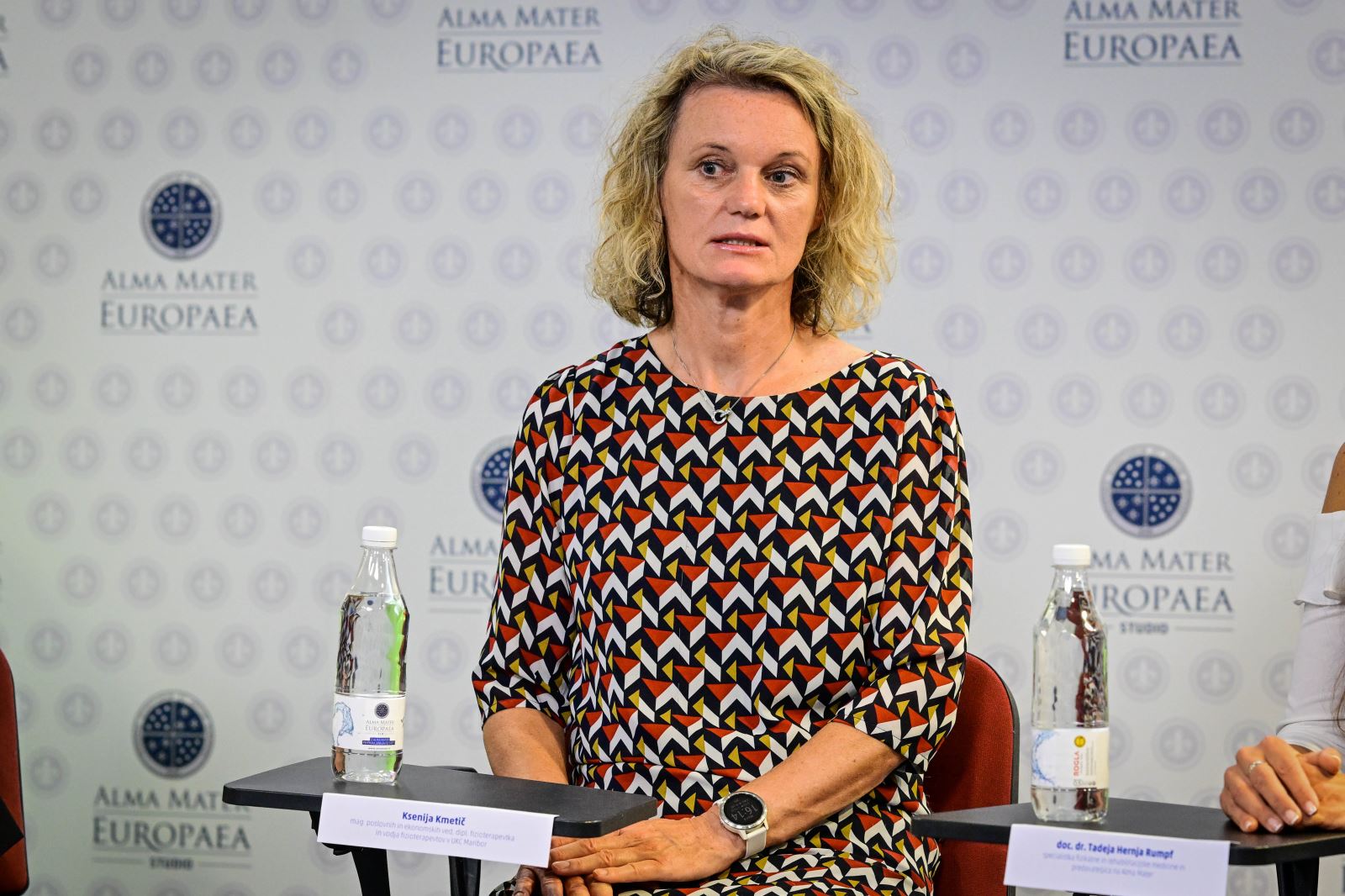
"The population is aging, and there is a growing number of degenerative changes and injuries, which consequently lengthens waiting times, which are unacceptably long. In the Drava region, patients with a high level of urgency wait 90 days for treatment. The availability of physiotherapy in the Maribor region is below the national average. Systemic solutions are needed, and these are in the hands of the competent institutions," stated Alen Pavlec, head of physiotherapy at the Centre for Medical Rehabilitation at the Medical Institution Dr. Adolf Drolc Maribor.
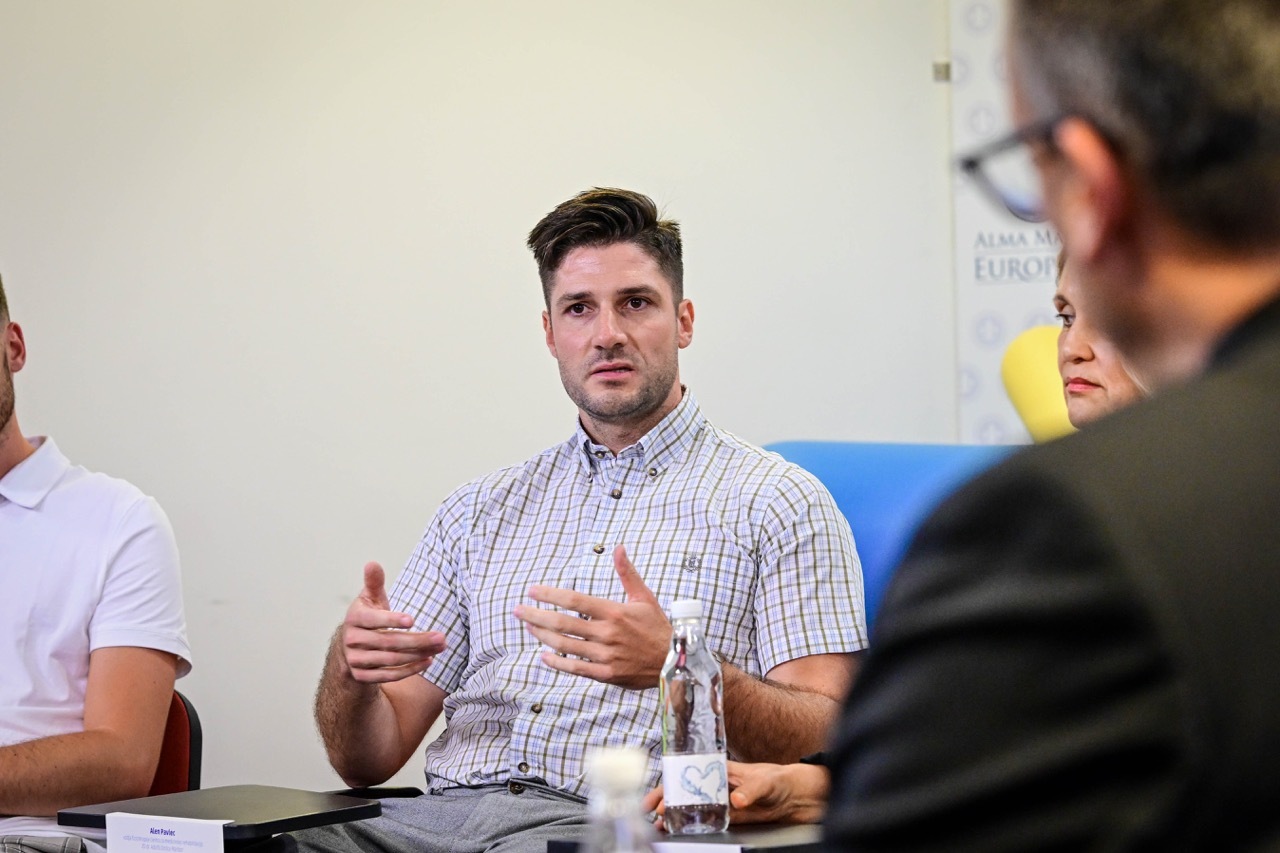
Physiotherapy students Vid Vedlin and Tine Šket shared valuable insights in the discussion. They urged students to take the initiative and participate in physiotherapy within society, emphasizing the advantages of studying at Alma Mater. "It is essential that we have lecturers with practical experience who impart practical knowledge acquired through years of experience in a clinical setting. Another significant advantage is the opportunity for Erasmus exchanges, which provide us with experiences from abroad," said Vid Vedlin.

"Physiotherapy is an interesting and attractive profession, increasingly chosen by young people. New personnel standards would enable these young individuals to realize their potential and elevate physiotherapy to a higher level," added Tine Šket.
